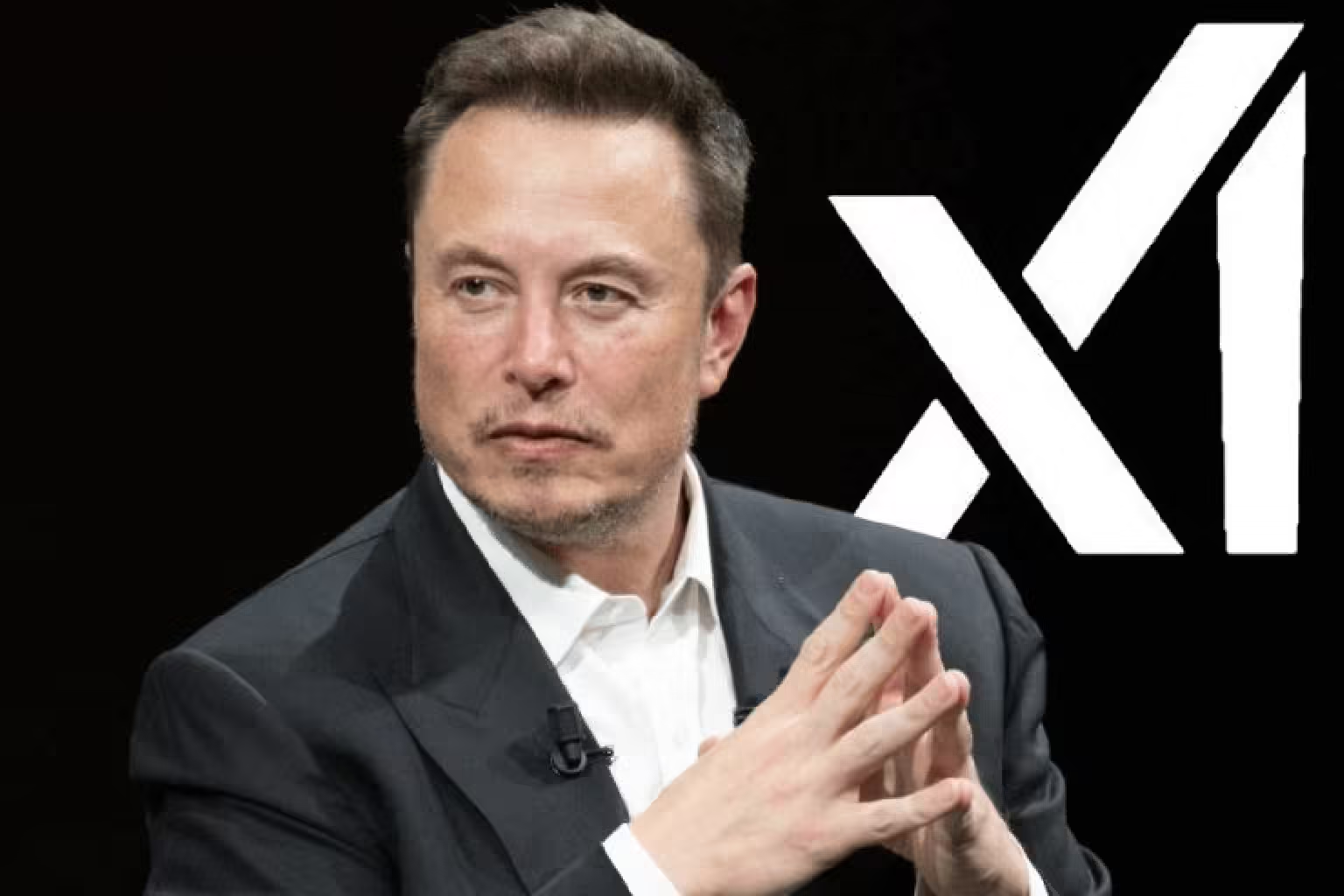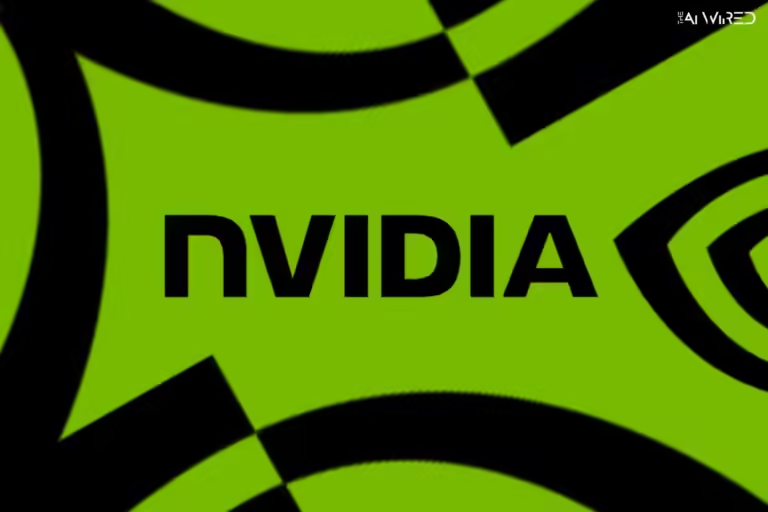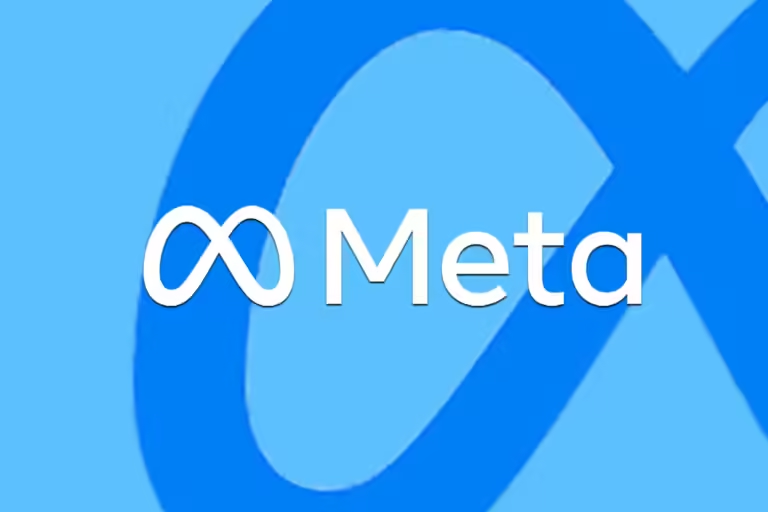
Elon Musk’s xAI Orders Help Dell, but Supermicro Struggles
Elon Musk’s xAI sends orders for AI servers to Dell, which is beneficial for Dell and its suppliers but makes things harder for Supermicro as NASDAQ risks rise.
A report from UDN says that Elon Musk’s AI startup xAI has switched its orders for AI servers from Supermicro to Dell. This is positive news for Dell and its main suppliers, Inventec and Wistron.
Supermicro, already at risk of removal from the NASDAQ stock market, faces a significant setback as the change could exacerbate its financial and operational issues.
Ernst & Young recently resigned as the company’s auditor, marking the second time in less than two years that an auditor has done so. Hindenburg Research is accusing the company of engaging in accounting fraud and sending sensitive chips to banned entities.
Dell and Supermicro have been important suppliers to both xAI and Tesla. Supermicro even managed to convince xAI to purchase a significant number of its liquid-cooled AI servers, which CEO Charles Liang proudly displayed.
However, despite Supermicro’s financial struggles, Musk’s companies continue to collaborate with him. Supermicro is known as a major player in AI servers, mostly because it was one of the first companies to set up server infrastructure that was ready for AI. The business focuses on making high-performance, liquid-cooled servers for data center racks that meet the needs of AI applications.
But the fact that Xai is moving to Dell shows that the best server companies are getting better at handling a lot of AI work, according to Hyoun Park, CEO and principal analyst at Amalgam Insights. “Everyone in the IT industry has always believed that Dell and HPE, the two biggest names in servers, would eventually dominate the AI space.”
In the past, Supermicro has also had trouble delivering to hyperscaler and cloud computing clients, which could make potential AI customers look for other suppliers.
“Because Supermicro is having trouble with its finances, it looks like Dell will be the big winner in the short term when it comes to supporting AI workloads. In 2025, HPE will also pick up more opportunities,” Park said.
However, this also causes concern among regulators, as evidenced by the recent actions of numerous large tech companies.
As Dell and other AI server makers get a bigger share of the market, they may have to deal with stricter rules and more oversight, said Charlie Dai, VP and principal analyst at Forrester. Moreover, the increased demand resulting from the order changes could further strain their supply chains.
This will be beneficial for Dell’s partners. Wistron makes motherboards and puts together Dell’s AI servers. To keep up with rising demand, the company is increasing production at its three factories in Hong Kong, Taiwan, and Mexico.
Inventec Rises as a Key Player in Dell’s AI Server Strategy
One of Dell’s top three server assembly providers is Inventec, which is also a major partner. It is also set up to take advantage of changing orders as Supermicro loses its hold on the AI server market.
“Both Wistron and Inventec have been building up their stock throughout 2024,” Park said. “Wistron has over $5 billion in stock; Inventec has over $2 billion.” “Wistron and Inventec appear to be well-positioned to cater to the growing demand for AI servers globally.”
Park pointed out that one important question right now is how President-elect Donald Trump’s plans for US tariffs, which could include a 10–20% tax on all foreign goods, might affect the AI server market and lower demand, especially for Taiwanese infrastructure parts.


